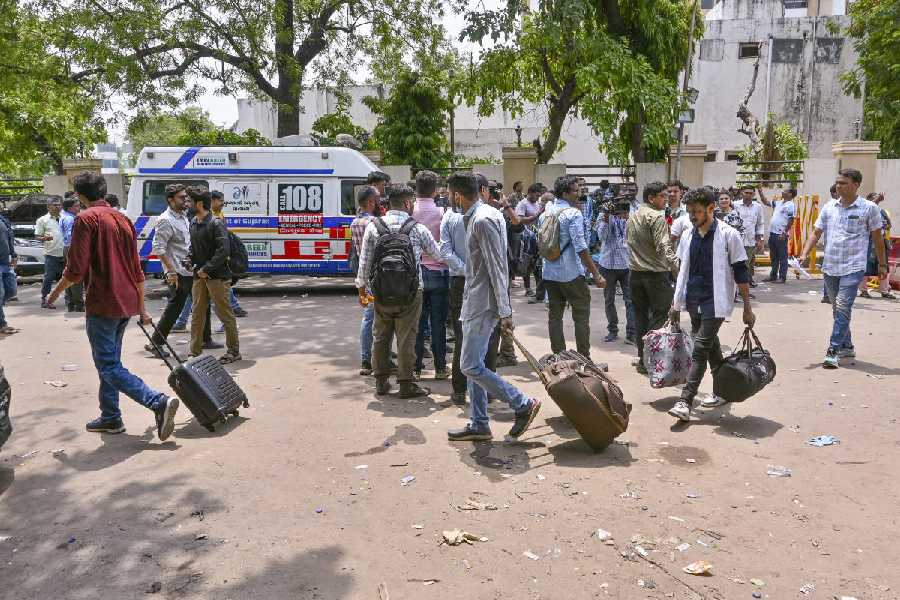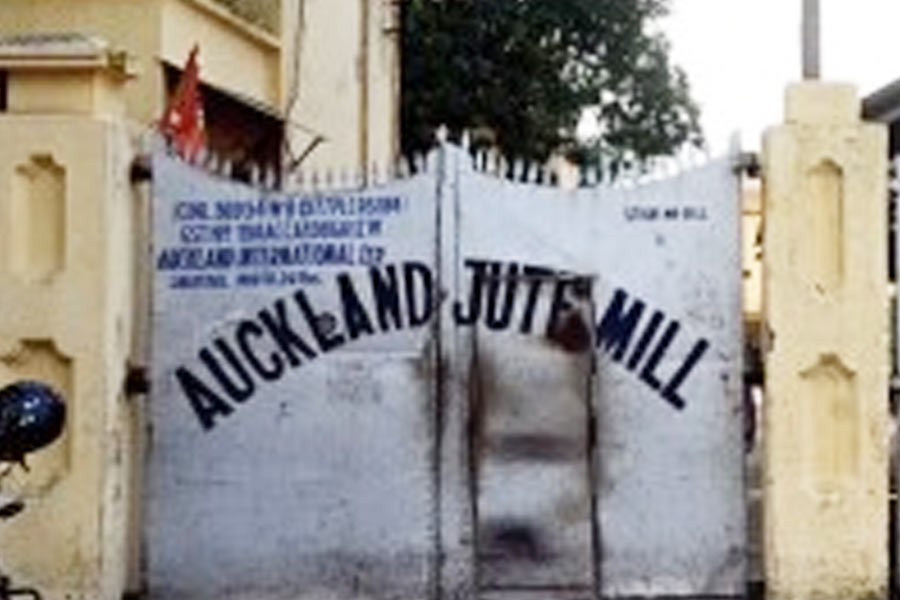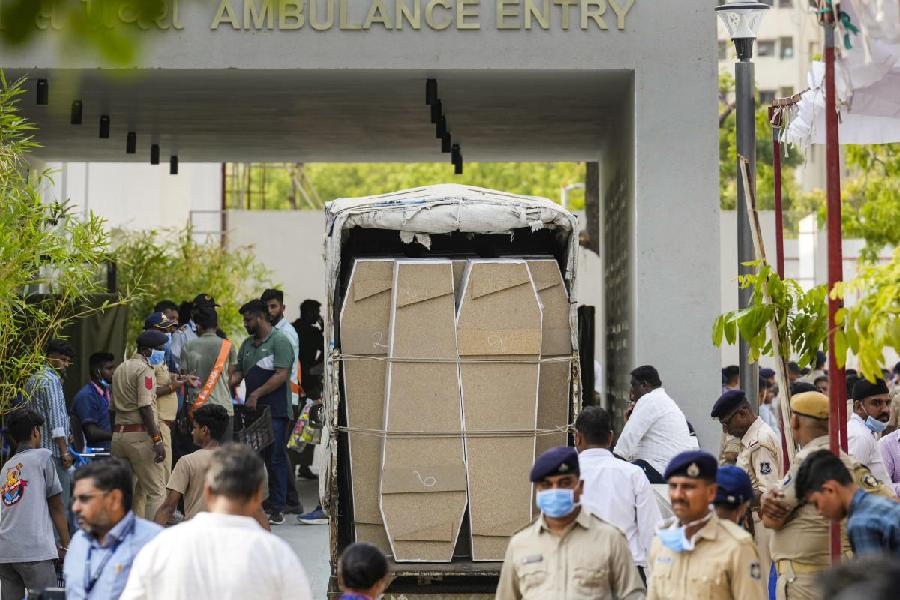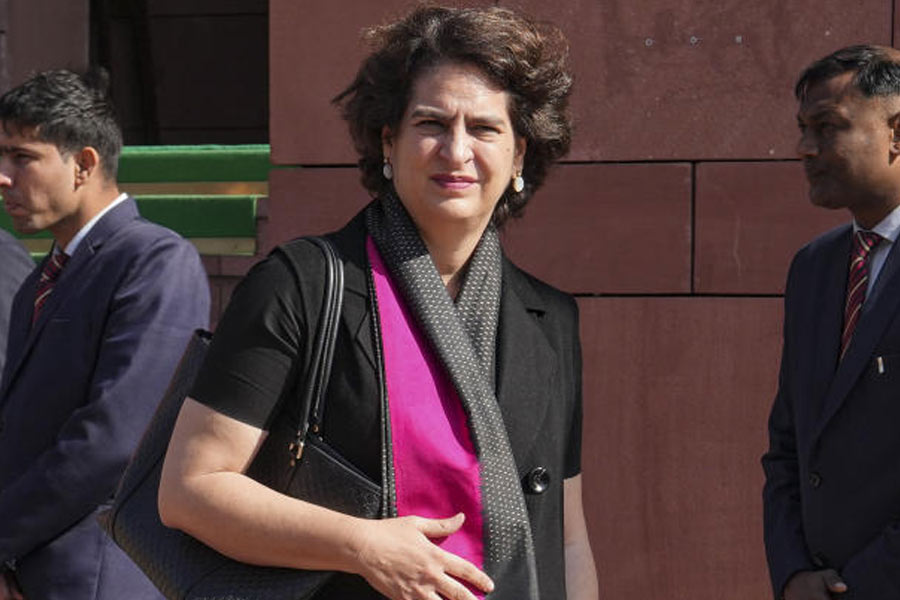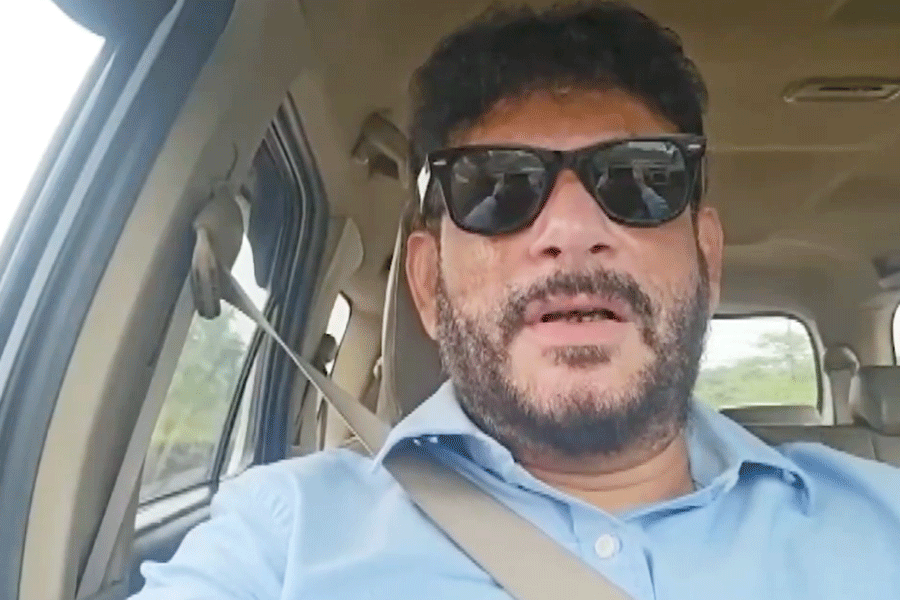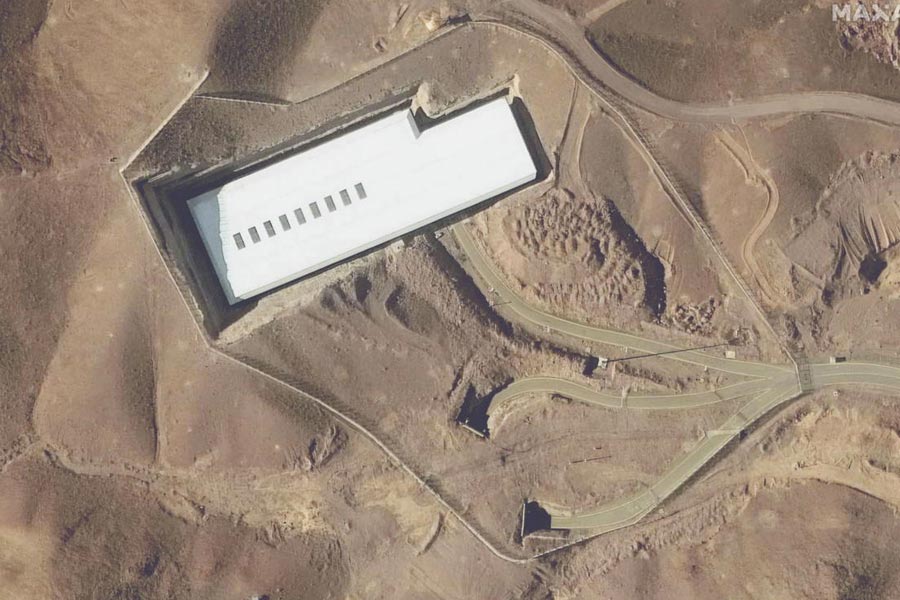Guwahati, Dec. 25: Sometime in early 2001, army radio operators posted in Lower Assam were jolted out of their late-night drowsiness when their headsets crackled with the voice of a woman speaking in chaste Assamese on a very high frequency.
The decoding expert to whom the tape was taken the next morning was bewildered by what he heard.
Instead of the usual conversation between militants he was expecting, it transpired the woman was narrating a tale from Lakshminath Bezbaruah’s evergreen Burhi Aiier Sadhu (grandmother’s tales), the Assamese equivalent of the Panchatantra.
The conversations continued, night after night — one woman narrating tales over her wireless and another listening to them, interrupting briefly to ask a question about a character in the story. It took several weeks for the army to finally figure out what was going on.
Top Ulfa leader Sangrami Deka, based in a camp in Bhutan’s Samdrup Jongkhar, was relaying coded messages to Asomi Gogoi, who was somewhere in the Manas wildlife reserve.
Asomi, in her early 30s, was among the first batch of women and children handed by Bhutan to the army yesterday at Tamulpur in Assam’s Nalbari district.
Her two-year-old child Venus was with her. The army said Asomi, hailing from Borbari in Nalbari district, was a “lieutenant” in the Ulfa hierarchy and an expert in guerrilla warfare.
One of the army officials involved in cracking the mystery of the “midnight tales” revealed that Sangrami and Asomi had used characters from the stories to identify people, be it their leaders, army and police officials or ministers.
“Militants always use coded messages, but grandmother’s tales were something we were not used to.
“It was a very innovative method,” the official said.
So confused was the army at the beginning that copies of the tapes were sent to the eastern command headquarters at Fort William for advanced decoding. The services of linguists were sought, too.
“It took us a long time to find out the identity of the two women involved in the conversation,” the army official said.
Though Asomi is in custody, the police and the army have not been able to identify her husband, who they suspect to be one of the top leaders of the Ulfa.
The first batch of 64 returnees included Pinki Rabha, daughter of Ulfa hitman Bening Rabha.
The army claims that Rabha was captured in Bhutan last week, but the Ulfa denies this.


